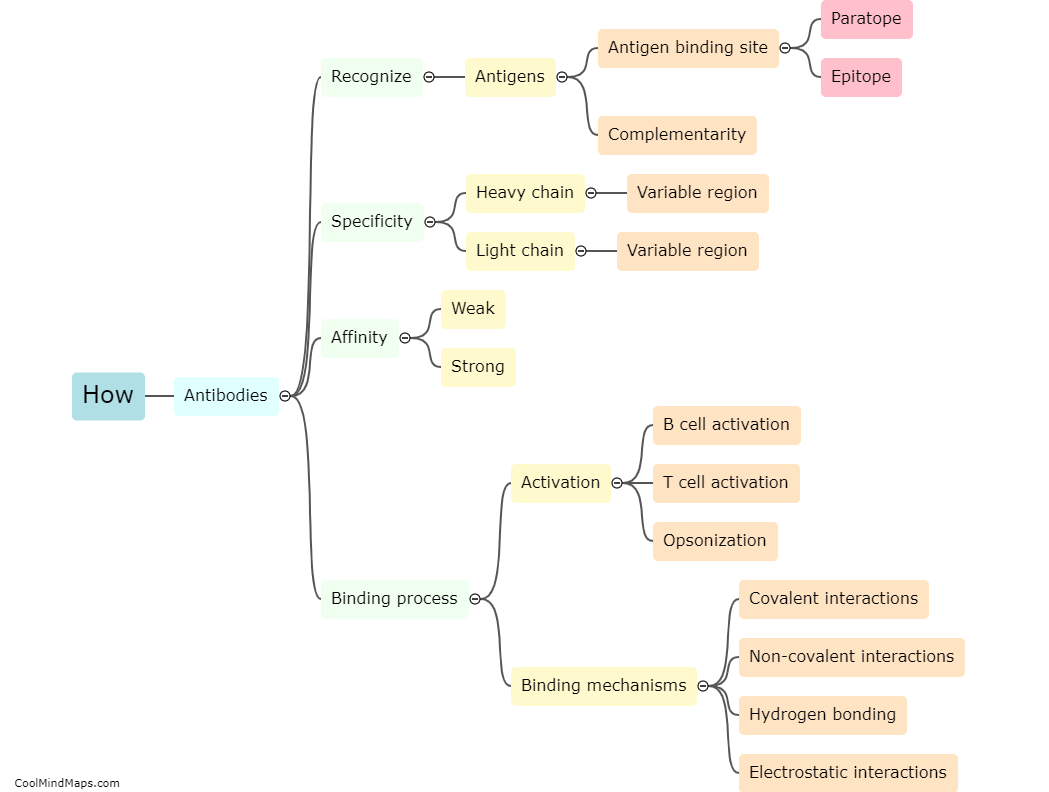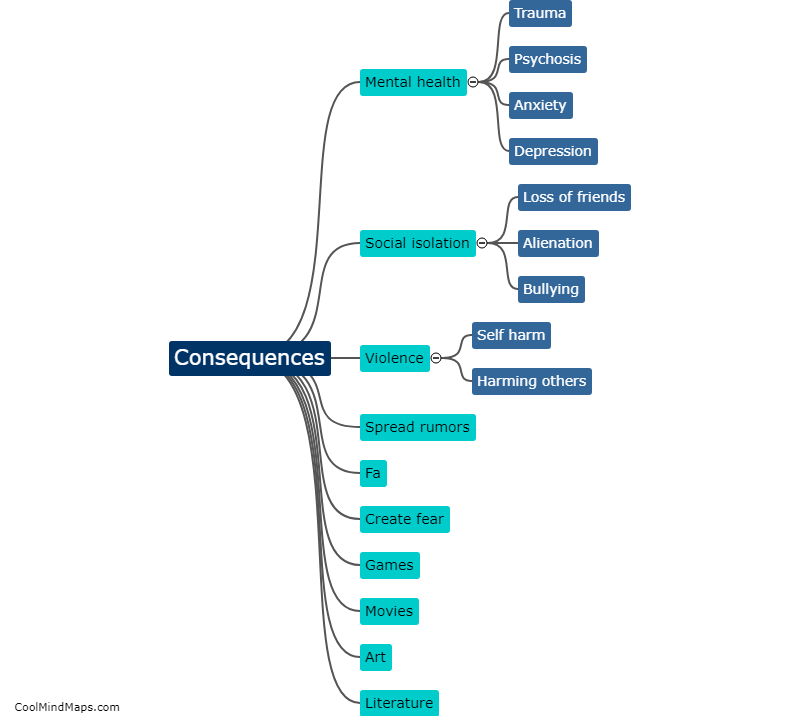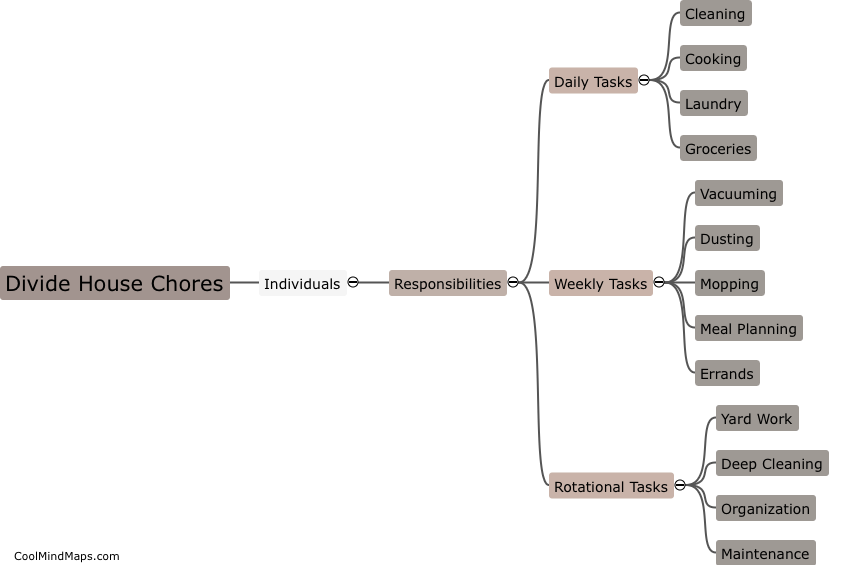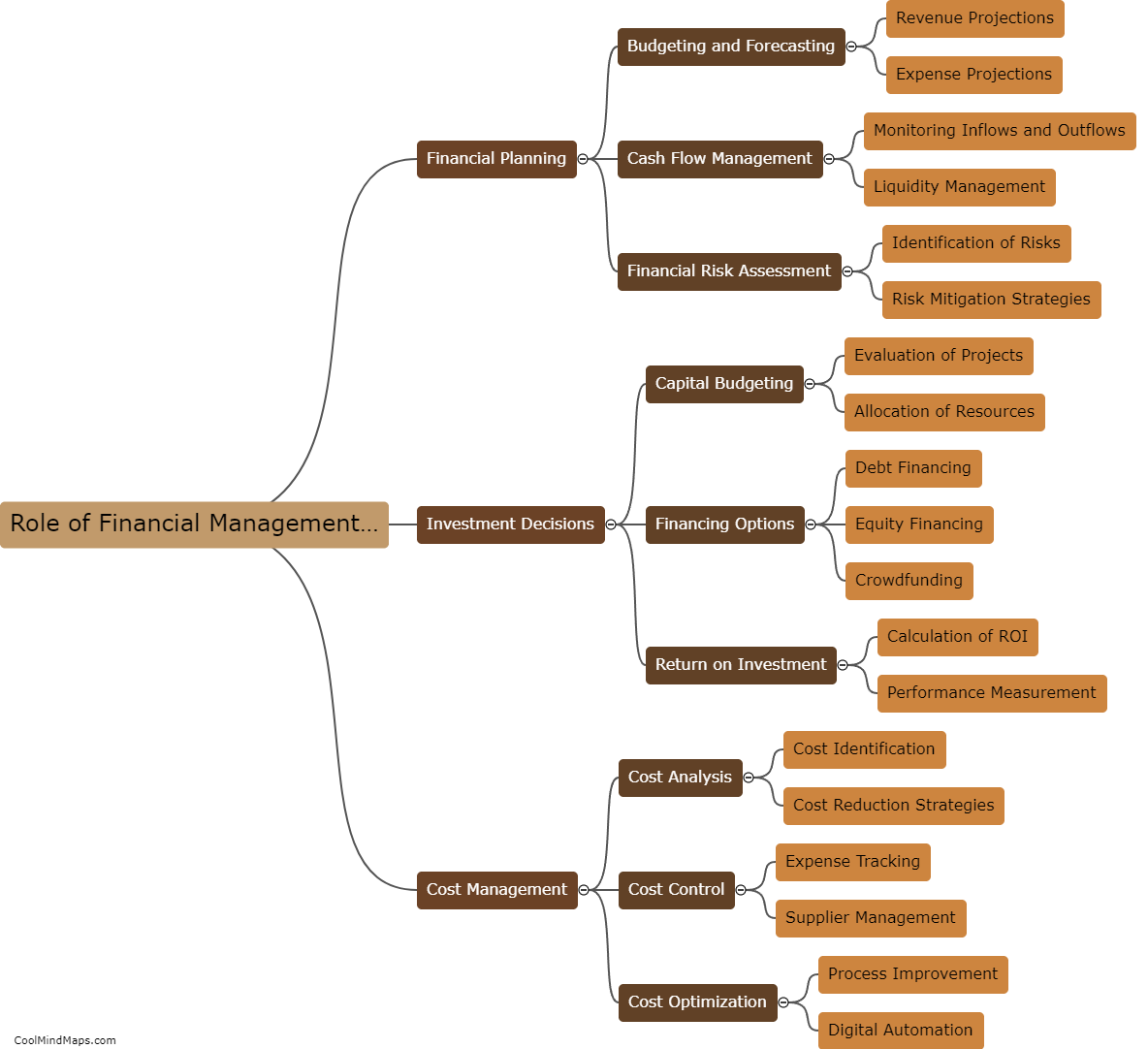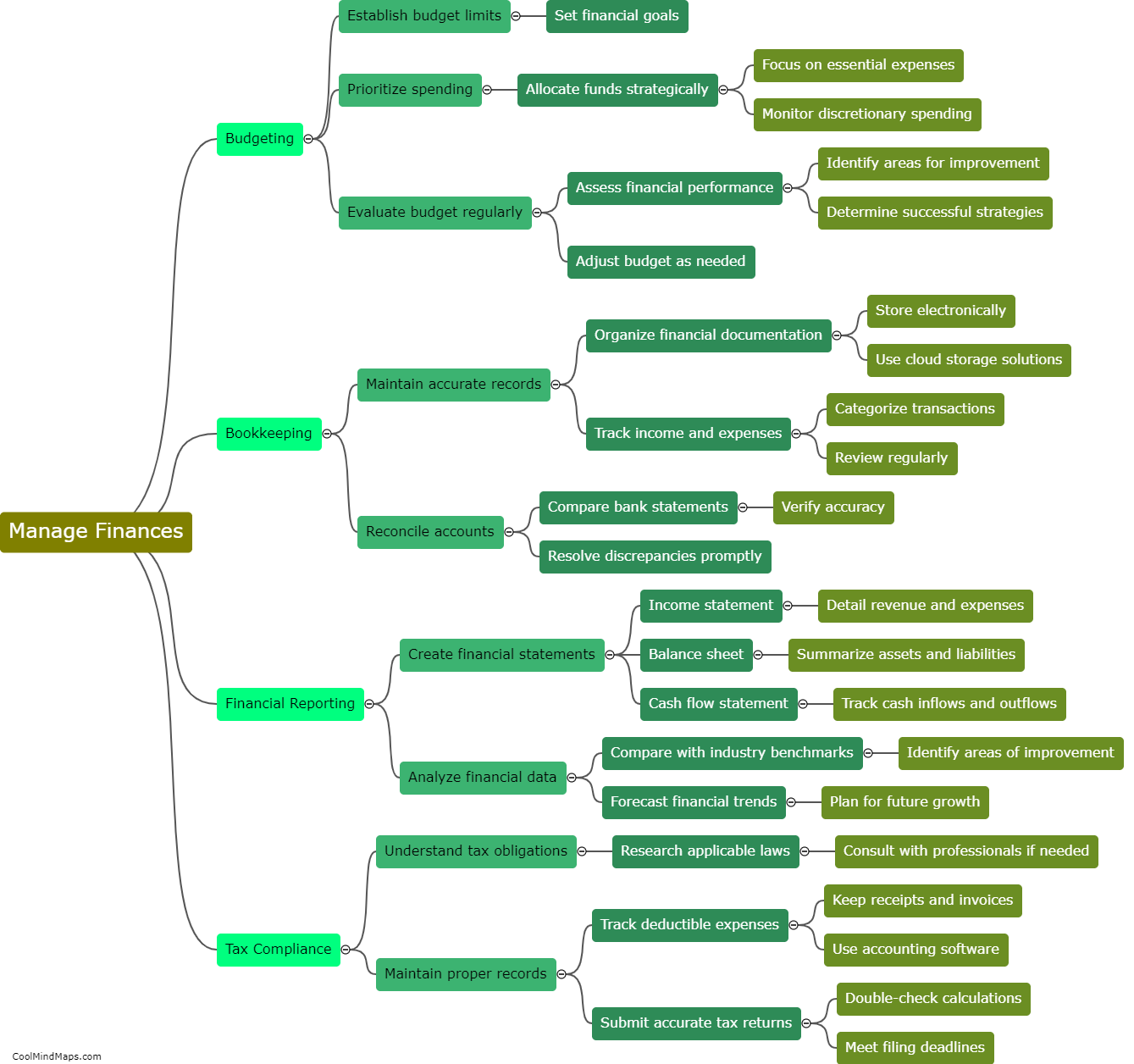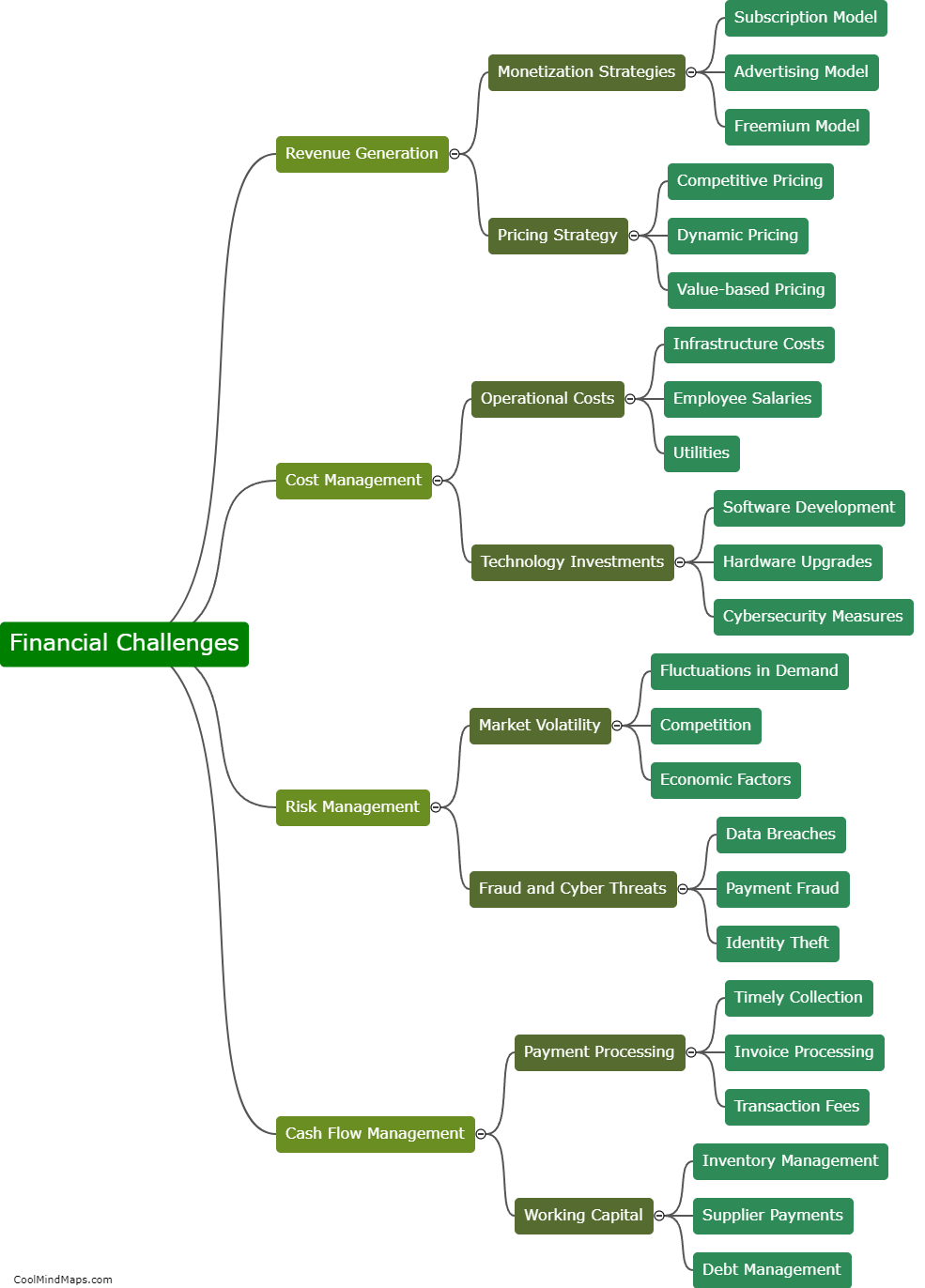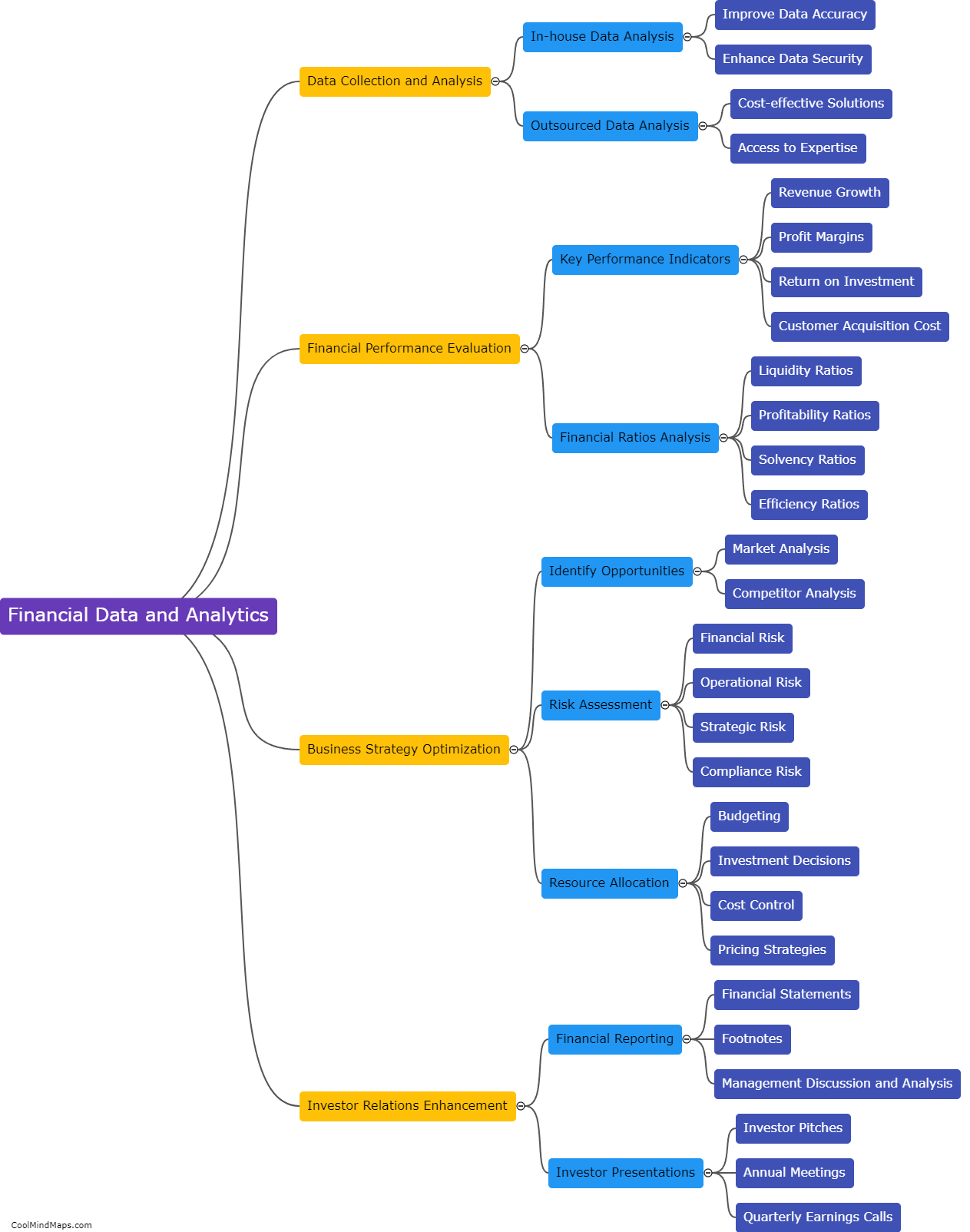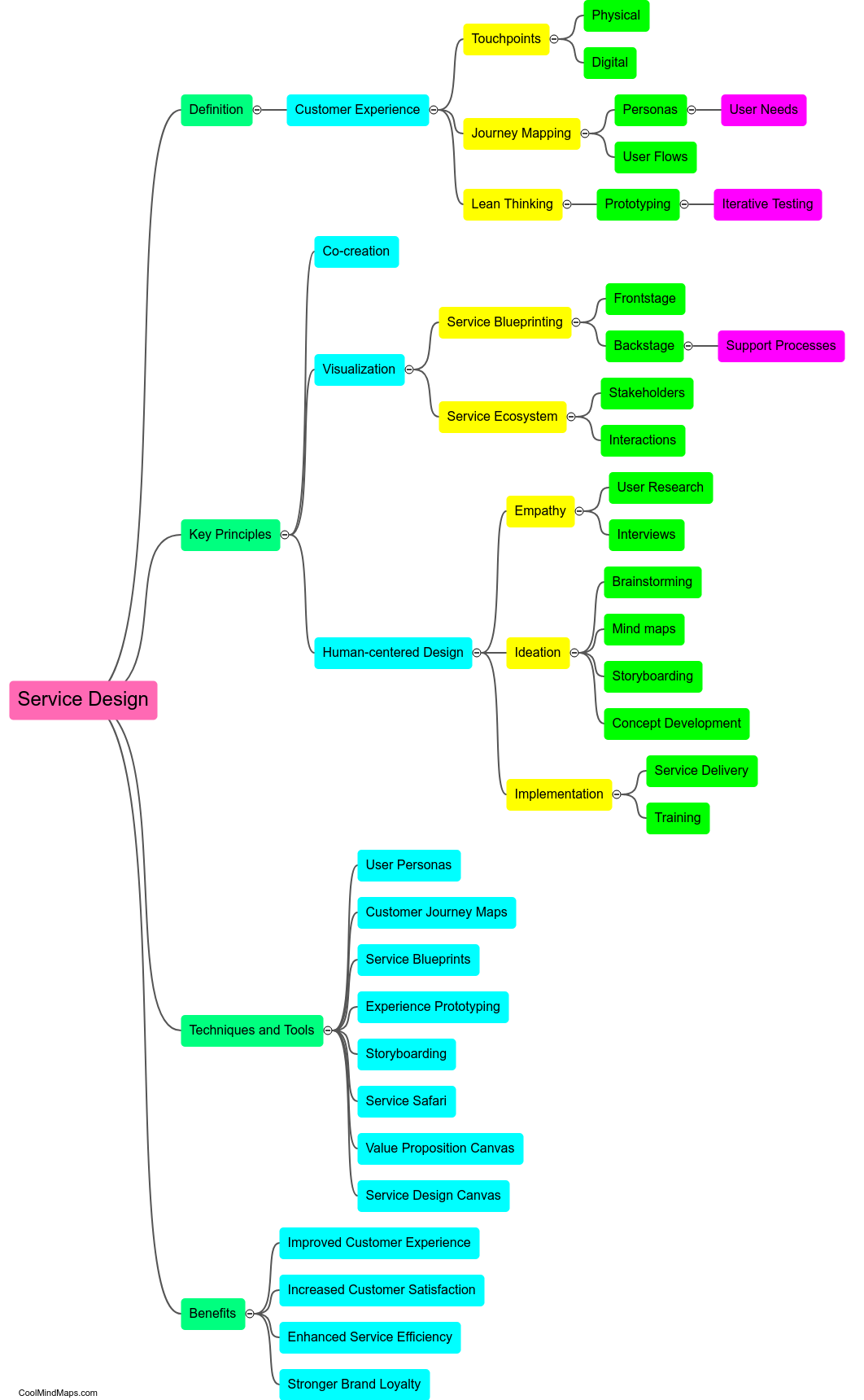What is the basic concept of LOF algorithm?
The LOF (Local Outlier Factor) algorithm is a data mining and anomaly detection technique that aims to identify outliers within a dataset by measuring their degree of deviation from their neighboring data points. The basic concept of the LOF algorithm revolves around the idea that an outlier is characterized by having a significantly different density pattern compared to its surrounding data points. By calculating a local density for each data point based on the distances to its k nearest neighbors, LOF assigns an outlier score to measure the extent to which a data point deviates from its neighbors' densities. This score allows the algorithm to identify outliers that have a low density compared to their neighbors and are considered anomalies within the dataset.

This mind map was published on 5 November 2023 and has been viewed 94 times.

